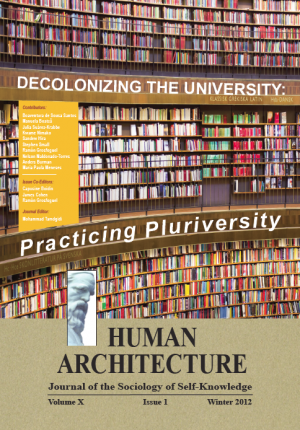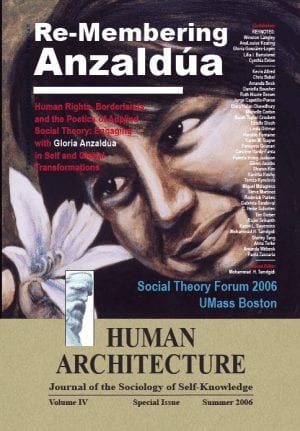Journal Article — Spiritual Reflections on War and Peace: A Talk by Thich Nhat Hanh, Peace Forum, March 19, 2003 — by Thich Nhat Hanh
$15.00
Peace is something that we can cultivate in our daily lives. It is possible to cultivate peace in every moment of our daily lives, while we walk, while we talk, while we sit. I know that peace is made of two elements. The first is understanding and the second is compassion.
Description
Abstract
Peace is something that we can cultivate in our daily lives. It is possible to cultivate peace in every moment of our daily lives, while we walk, while we talk, while we sit. I know that peace is made of two elements. The first is understanding and the second is compassion. Cultivating peace means cultivating understanding and cultivating compassion. Every time we go back to ourselves we have the opportunity to do the work of cultivating peace. Every time I breathe in or I make a step I have an opportunity to go back to myself and become fully present in the here and the now. We know very well that the cause of terrorism is fear and wrong perception. I don’t think that the bombs and the guns can identify the cause of terrorism. I don’t think that the military force can remove the wrong perceptions; in fact they can strengthen these wrong perceptions. The only way to remove wrong perceptions is to establish a dialogue. The two instruments that you need to use to restore communication are deep listening and loving speech.
Recommended Citation
Hanh، Thich Nhat. 2008. “Spiritual Reflections on War and Peace: A Talk by Thich Nhat Hanh, Peace Forum, March 19, 2003.” Pp. 7-14 in Thich Nhat Hanh’s Sociological Imagination: Essays and Commentaries on Engaged Buddhism (Human Architecture: Journal of the Sociology of Self-Knowledge: Volume VI, Issue 3, 2008.) Belmont, MA: Okcir Press (an imprint of Ahead Publishing House).
The various editions of this issue of Thich Nhat Hanh’s Sociological Imagination: Essays and Commentaries on Engaged Buddhism can be ordered from the Okcir Store and are also available for ordering from all major online bookstores worldwide (such as Amazon, Barnes&Noble, and others).
Read the Above Publication Online
To read the above publication online, you need to be logged in as an OKCIR Library member with a valid access. In that case just click on the large PDF icon below to access the publication. Make sure you refresh your browser page after logging in.








